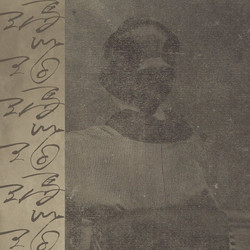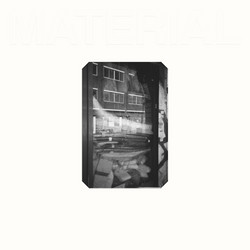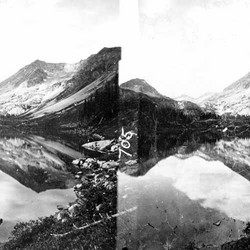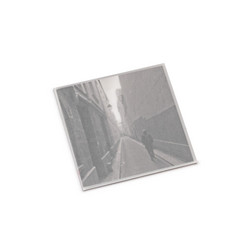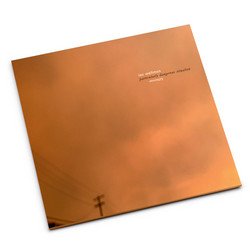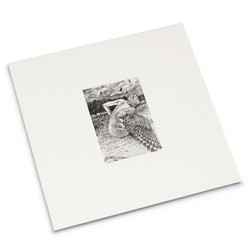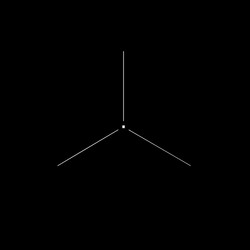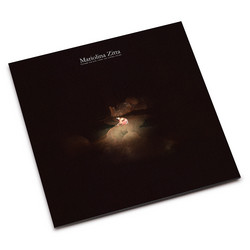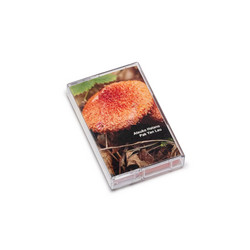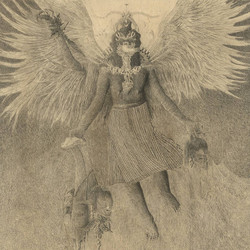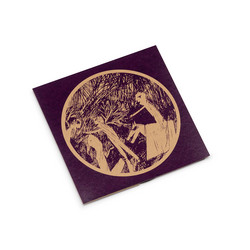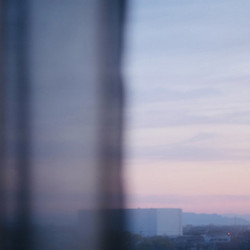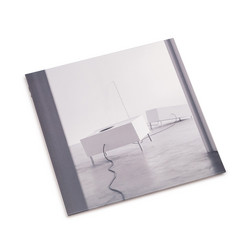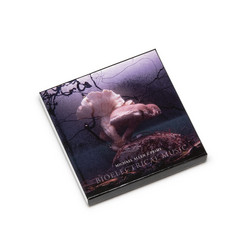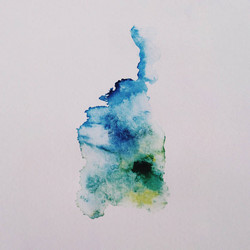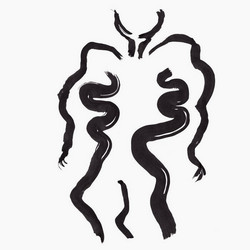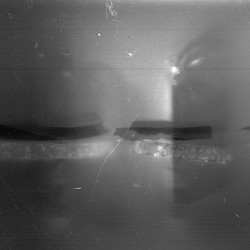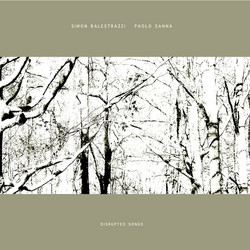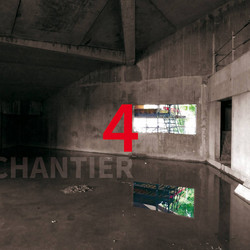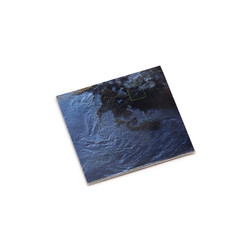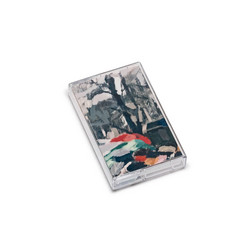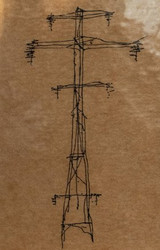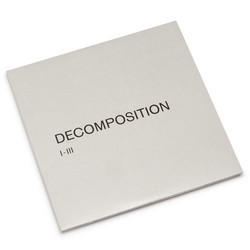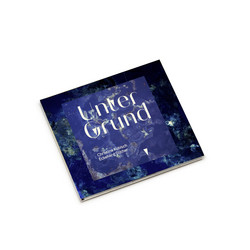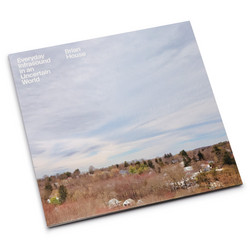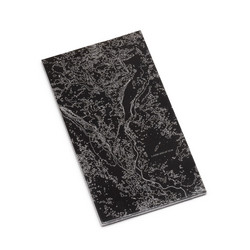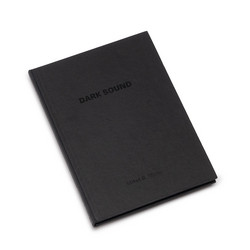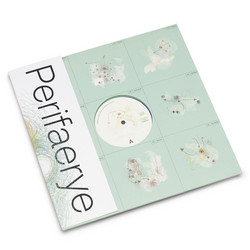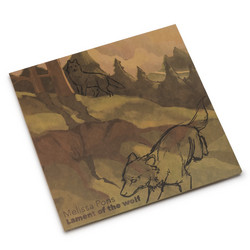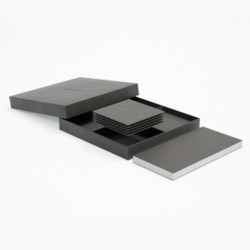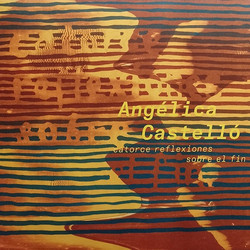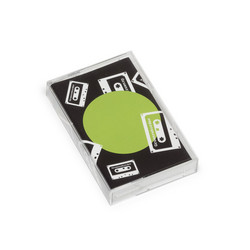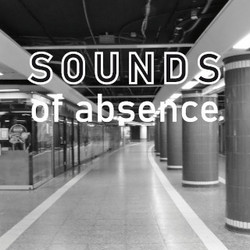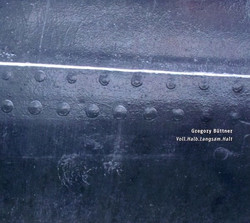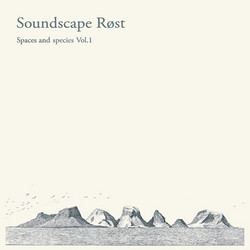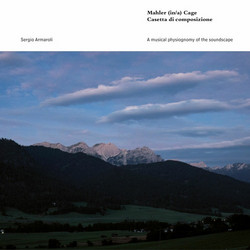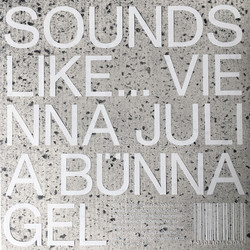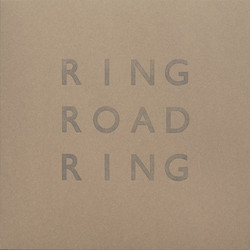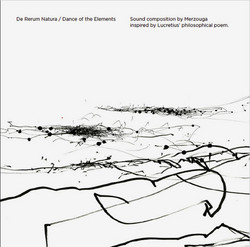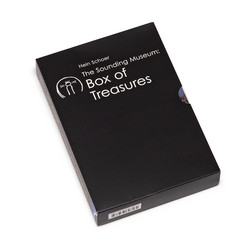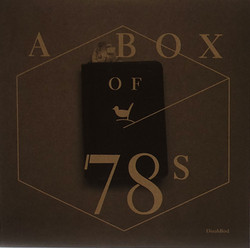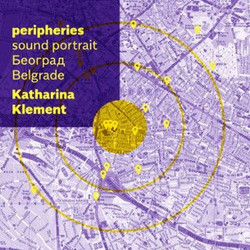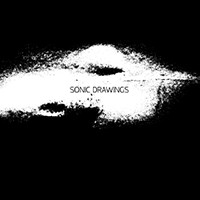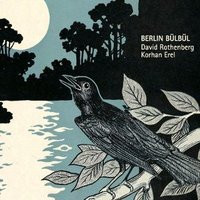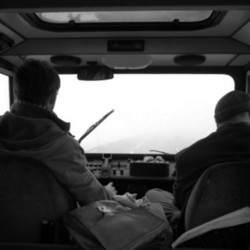Over the past several years, Vienna-based composer / producer Peter Kutin has been working intensely at the little-explored junction between sound art and journalism / documentation. Focusing on sonic experiences in extreme or exceptional conditions, Kutin explores both the physical and psychological impacts of such extremes on how we hear. Later translating or orchestrating these experiences into sound. Despite his age, Kutin has already seen (and heard) many lost corners of the world, having realised field-projects that led him through deserts, jungles, mountain ranges, glacier gaps, war zones, volcanoes, protest marches and even into prison. ‘Burmese days’ is not the traditional puristic field-recording album but more an abstract composition, which opens up a wide dynamic range of sonic perception, where electronic manipulations and timbres of selected traditional burmese instruments are interwoven with field recordings to form a captivating sonic essay – probably one of the most abstract and unexpected releases on Gruenrekorder.
Peter Kutin : ‘The following piece is mainly based on original field recordings from Myanmar taken between April & May 2012, half a year after the military dictatorship announced its withdrawal and indicated plans for a change towards a democratic – or a ‘hybrid military-civilian’ – system in Myanmar after more than sixty years of a military state and its repression. Suddenly it was legal for journalists to enter officially. When I found a timeslot and got the money and some contacts together, I set up a field trip following a journalistic and documentary approach. One of my main interests was to investigate whether the situation of people of ethnic minorities had already changed since the regime’s withdrawal. There were peace talks, but in fact most of the rebel groups were still at war with the military regime at that time. My route started at the border area between Myanmar and Thailand: topographically, this was a zone covered by a beautiful rainforest and all its richness of sounds; politically, it was a buffer zone : ethnic minorities, rebel groups, expelled people, opium and other drug smugglers and refugee camps. At the end of 2012, US president Obama became the first American president to visit Myanmar in fifty years. He walked barefoot over the sacred marble ground of the golden Shwedagon Pagoda in the former capital, Rangoon, and warmly welcomed the newborn democracy. While I was there, ethnic clashes (some media referred to the terminology of an ‘ethnic cleansing’) started in the western Akran state. More than 30,000 people from the Rohingya (a Muslim minority) were chased from their homes. Many were killed in the violent clashes between Muslims and radical Buddhists. Not a single journalist was allowed to enter or get even close to the area. Freedom and Democracy are more elusive concepts or cachets than the media would like us to believe.
